A new analysis has revealed that the Y chromosome has been losing most of its genes over the last 166 million years. As a result, a theory has been proposed that the Y chromosome will completely disappear in 4.5 million years.
As the Y chromosome is what determines the sex of a baby at birth, many scientists are interested to see how this evolutionary process may play out. While females have two X chromosomes, males are born with one X and one Y chromosome.
X and Y Chromosomes in DNA
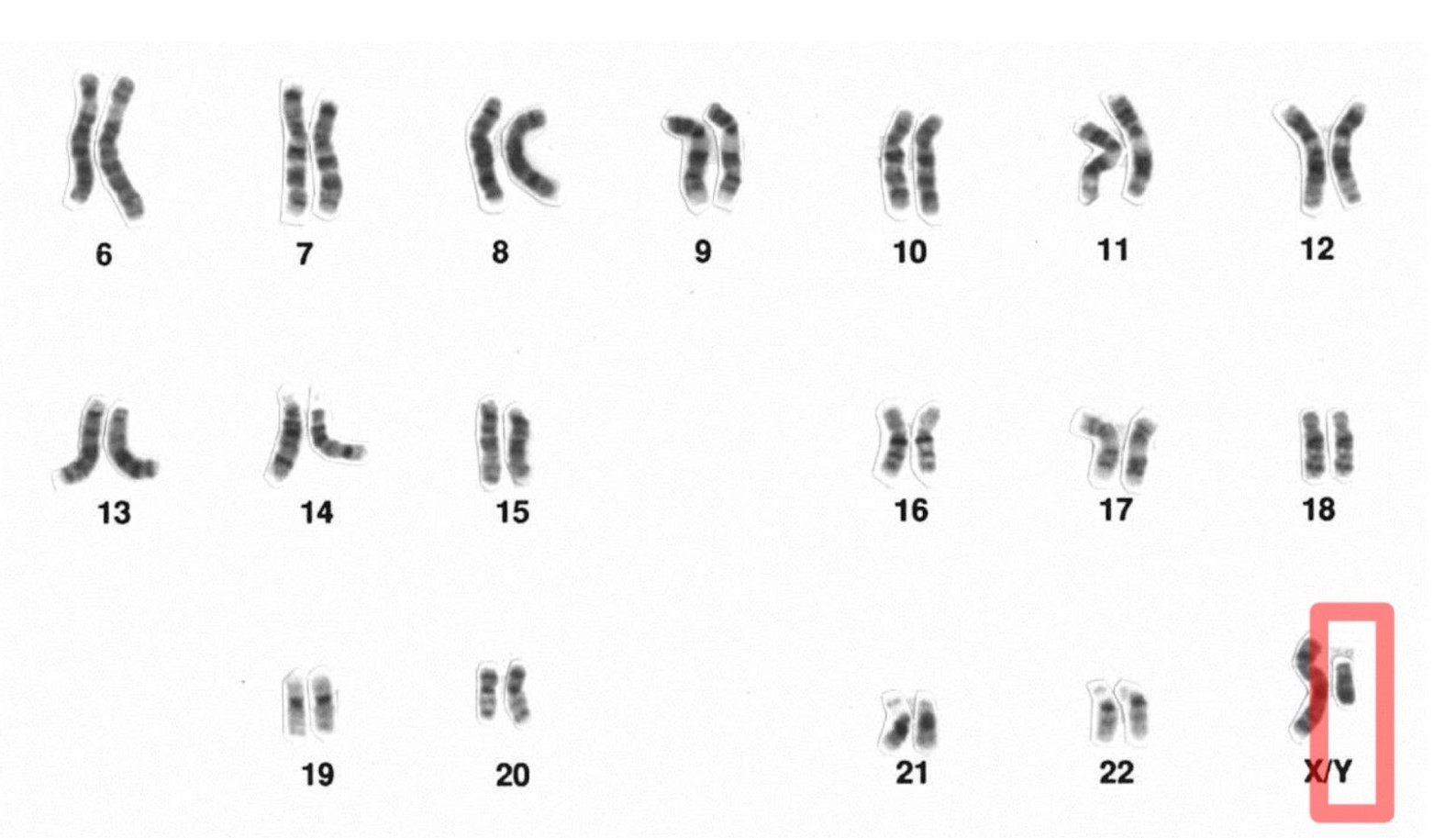
The X chromosome holds more genes than the Y chromosome does. The X chromosome spans 155 million DNA building blocks. As a result, it is about 5% of all the DNA found in a human’s cells. This also results in the X chromosome containing about 900 to 1,400 genes.
The Y chromosome, meanwhile, only spans about 59 million building blocks of DNA. Therefore, it is about 2% of all the DNA found in cells. The Y chromosome also only contains about 70 to 200 genes.
The Y Chromosome Is Slowly Vanishing

Evidence has suggested that, over the past 166 million years, the Y chromosome in humans has begun to vanish. It’s also begun to lose much of its genes, as it had much more than the 70 to 200 seen now.
As studies have revealed this disappearance, eventually, the Y chromosome will no longer hold genes.
Some Animals Have Also Lost the Y Chromosome

Luckily, the vanishing of the Y chromosome doesn’t necessarily mean that human men will cease to exist. Thanks to our body’s evolutionary ways, it’s likely the genes on the Y chromosome will relocate to other chromosomes instead.
This was seen on spiny rats located in Japan. These rats have neither a Y chromosome nor the SRY gene, which determines that an animal will be of the male sex.
Japanese Rats Have Developed Without the Y Chromosome
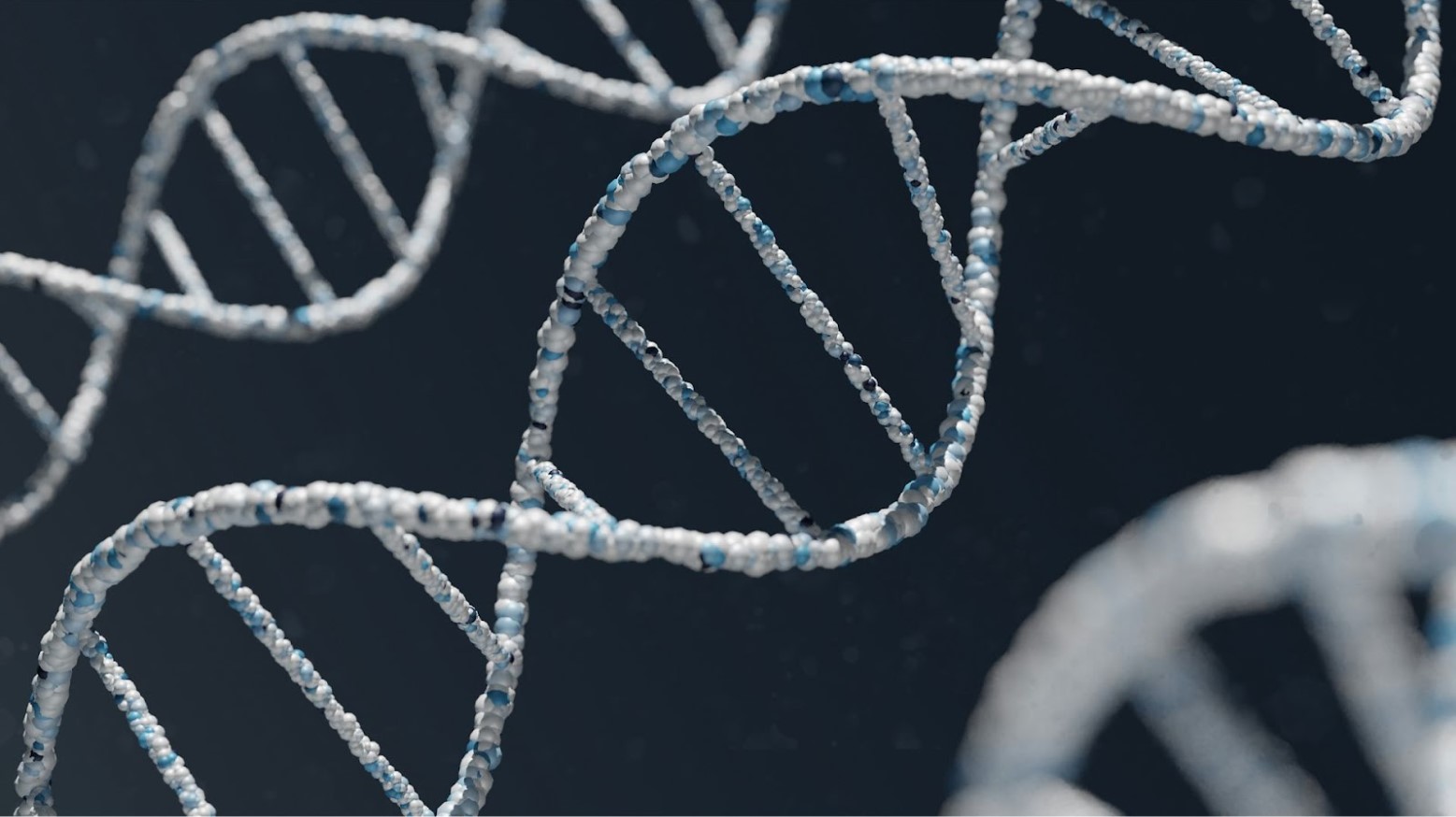
Instead of a Y chromosome or the SRY gene, researchers discovered something different in these rats’ SOX9 gene. The SOX9 gene helps with the animal body’s development of testes.
According to these researchers, this difference in this gene contains the DNA that acts as a switch to create male rats. Therefore, these males are born — even without the SRY gene or Y chromosome.
Humans Haven’t Lost a Ton of Genes
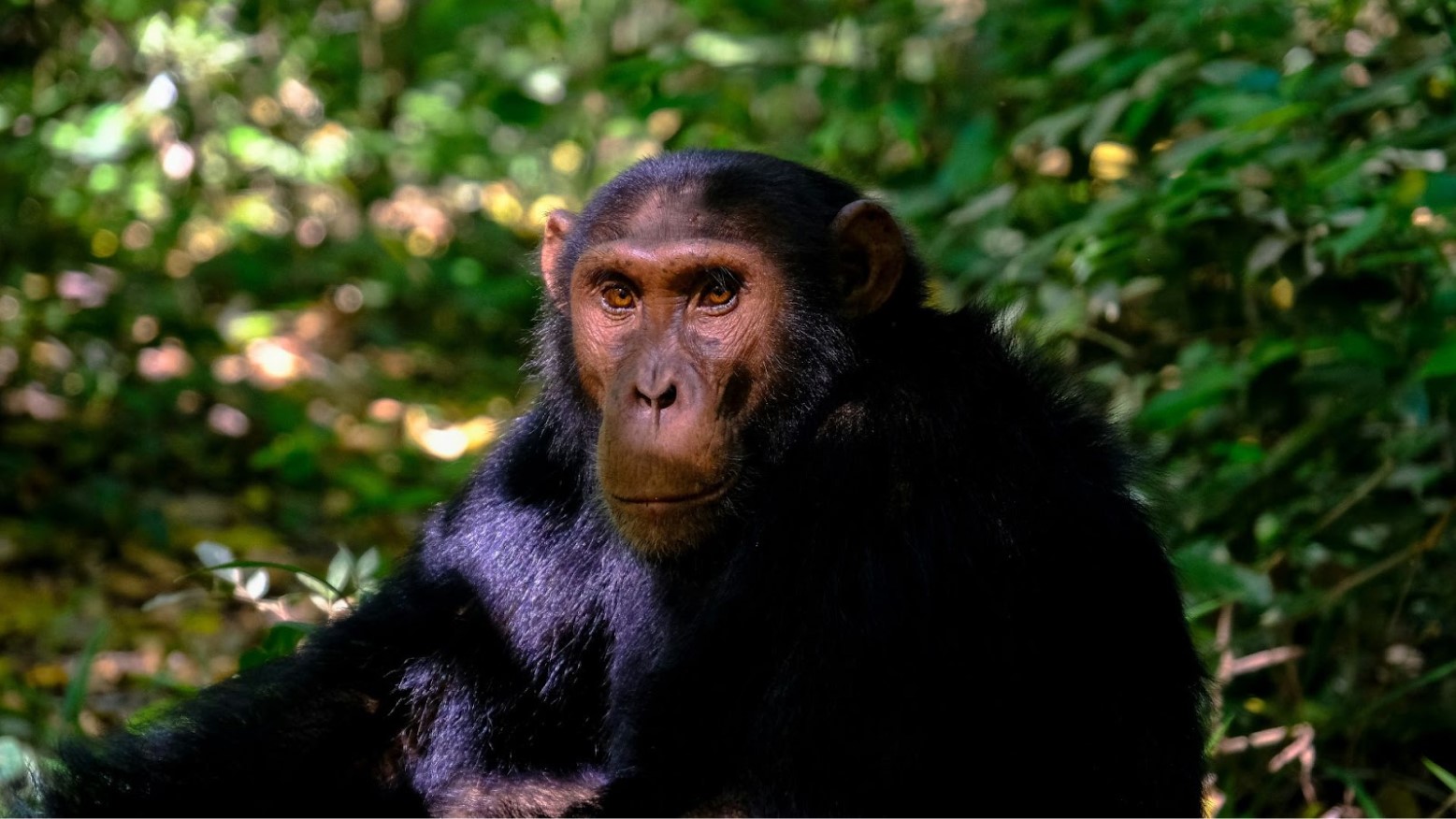
Thanks to evolution, many species on the planet have changed over millions of years. This has resulted in many genes being lost to time. However, humans haven’t lost nearly as many genes as other species have.
For example, chimpanzees have lost more genes than humans have since the two species shared a common ancestor about 5 million years ago.
Why Genes Are Lost
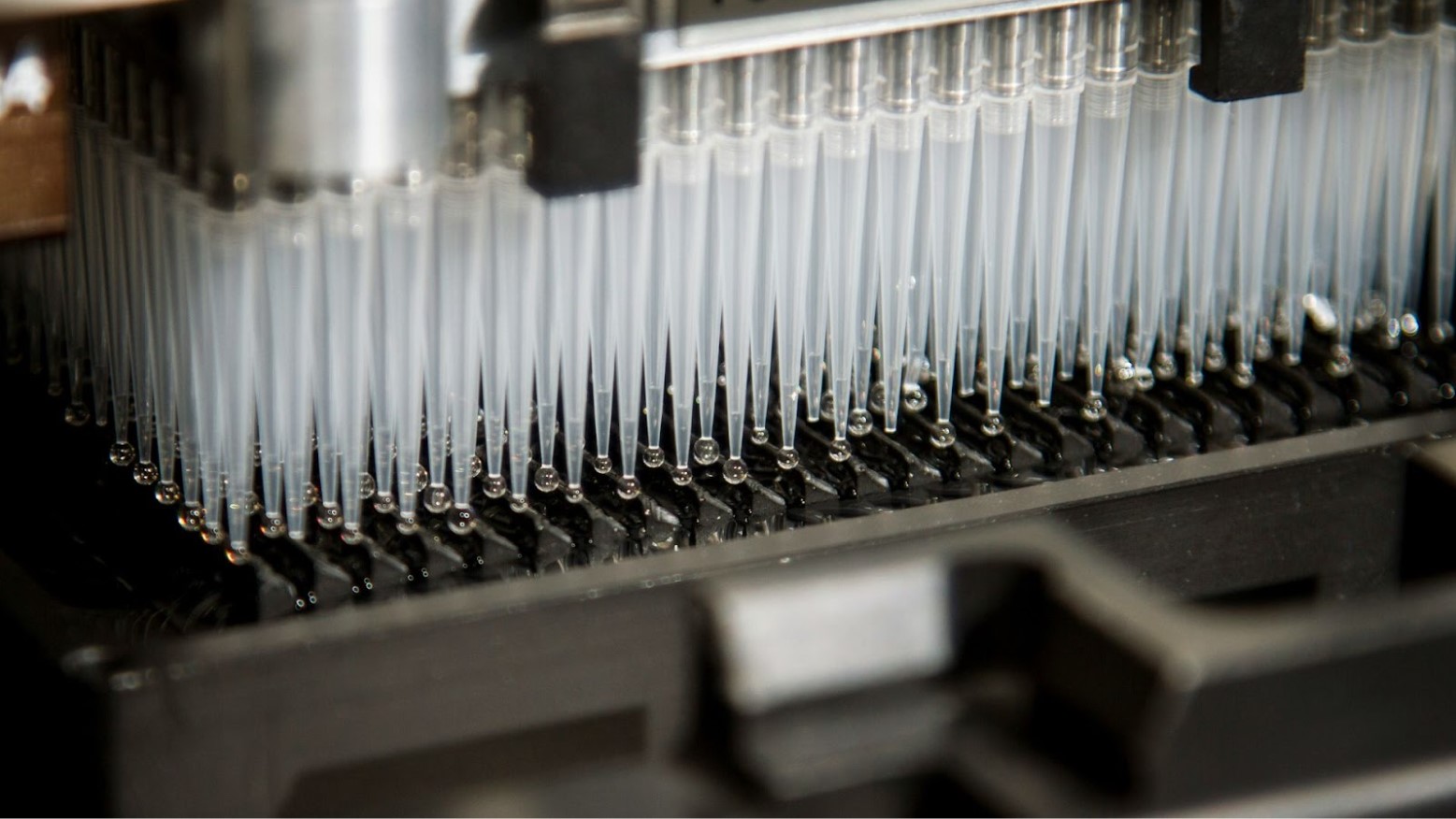
Many times, genes are lost because of evolutionary change. This loss happens slowly over millions and millions of years. However, some geneticists say that gene loss could happen just from a mere accident or because of a better evolutionary event.
“I don’t think that one can assume that just because they’re there and they do something useful they’ll be there forever and ever,” La Trobe University geneticist Jennifer Graves said. “A small accident could tip it over the edge, or the evolution of a new sex-determining system that works better.”
The Y Chromosome Has Issues
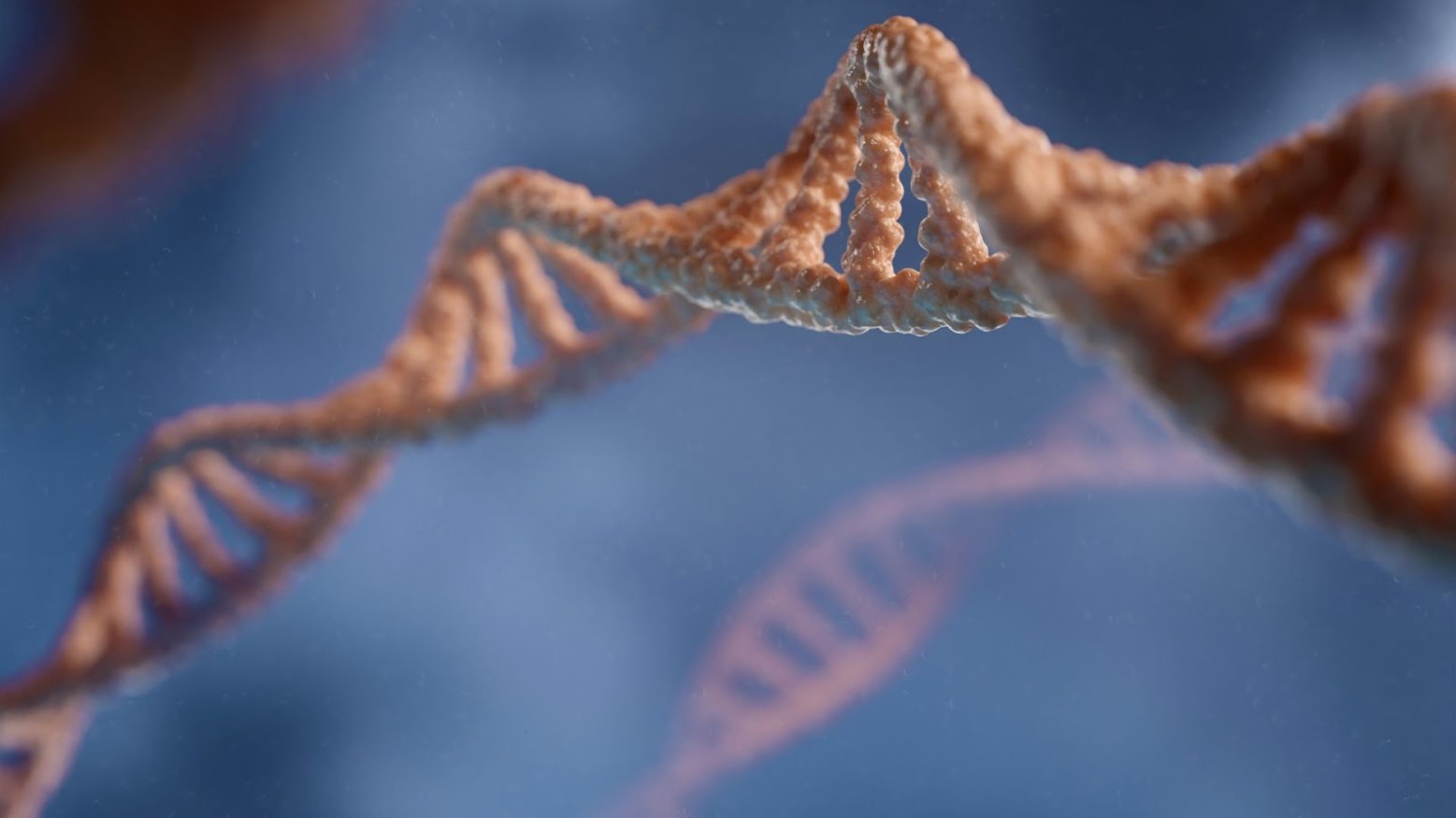
When it comes to the evolutionary standard of the Y chromosome in humans, it isn’t great. The Y chromosome has a few issues. For example, the Y chromosome cannot swap out bad DNA with the X chromosome.
This means it can be hard for these chromosomes — and a human body’s genes — to eliminate mutations that appear on the Y chromosome. Bad DNA can therefore persist.
The Y Chromosome Has More Mutations
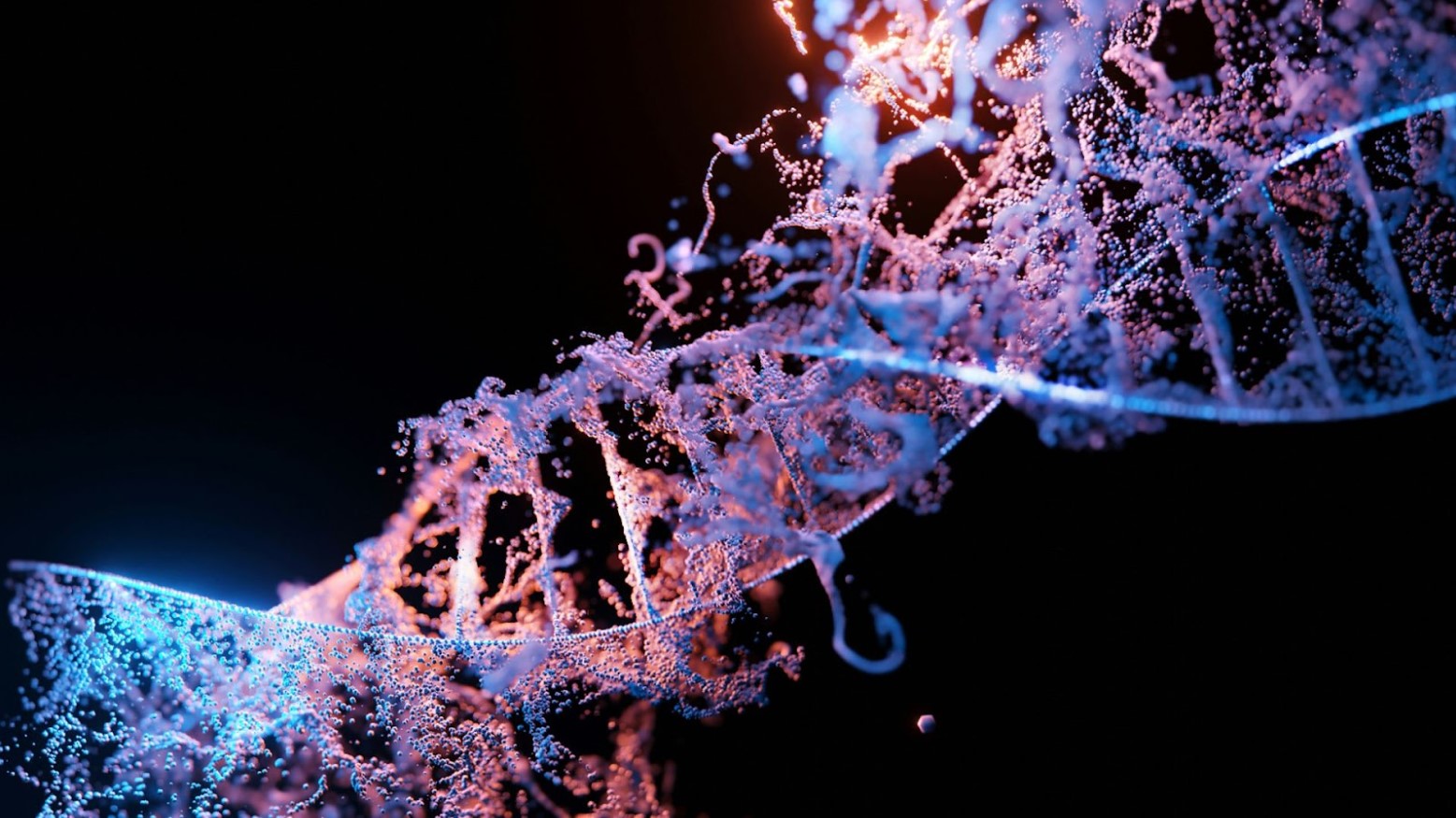
Studies have also shown that the Y chromosome can have more mutations. However, gene mutations aren’t always harmful or bad. Whether a mutation is beneficial or harmful depends on what it is, and where it’s located.
As the Y chromosome is in the testis for every male generation, its cells must divide multiple times in order to make sperm. This can then result in mutations becoming frequent.
The Link Between Cancer and Y Chromosomes
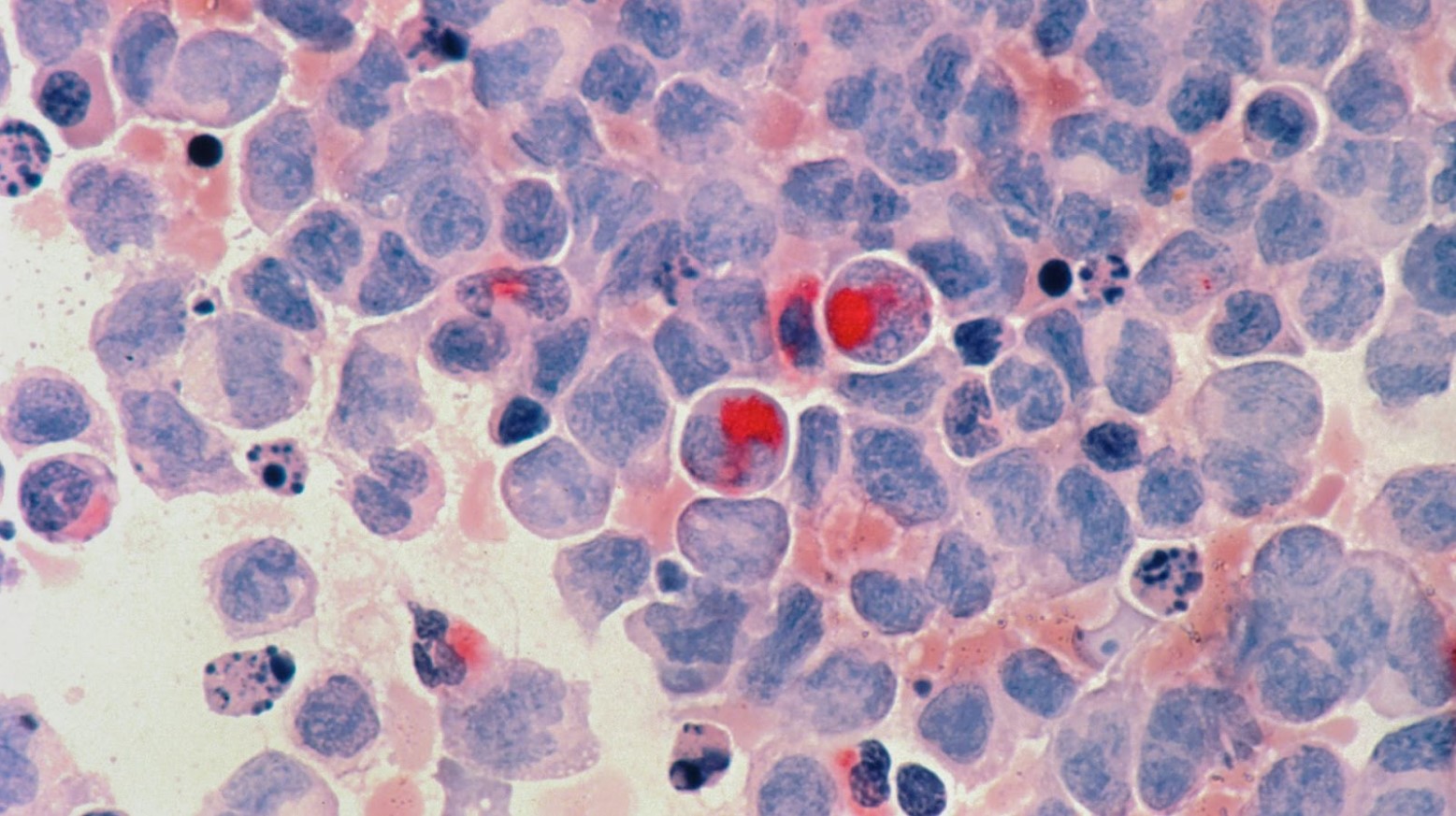
Some studies have even gone as far as to show that there could be a link between a Y chromosome and cancer. According to one study, the loss of the Y chromosome in specific bladder cancer cells actually helped the cancer spread.
These cells allowed tumors to bypass the immune system. As a result, tumors were allowed to grow without the immune system taking care of them.
Will Men Cease to Exist?

While the Y chromosome is slowly vanishing, people shouldn’t start worrying. Even if the Y chromosome does fully disappear, this won’t happen for another 4.5 million years.
Humans could go the evolutionary route of the spiny rats in Japan. As they lose their Y chromosome, the genes that make them male could simply appear elsewhere in their DNA.
A New Sex-Determining System
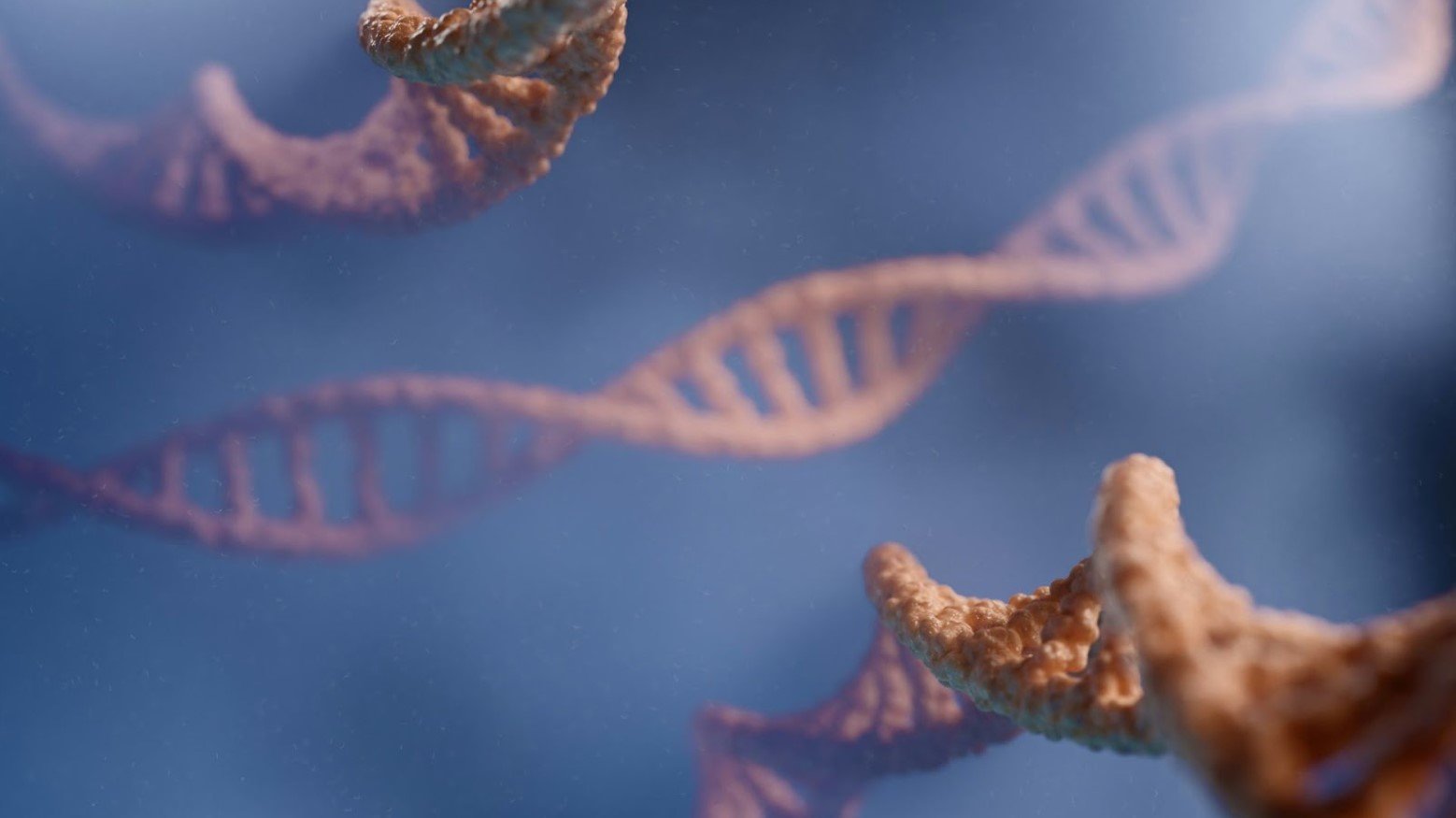
The loss of the Y chromosome could also lead humanity to a new sex-determining system, thanks to evolution. There’s no telling what a future like this would hold. After all, evolution doesn’t impact every single being in a species all at once — it often occurs slowly, over time, in certain areas.
Therefore, this could mean that more than one new sex-determining system evolves in different parts of the world.
